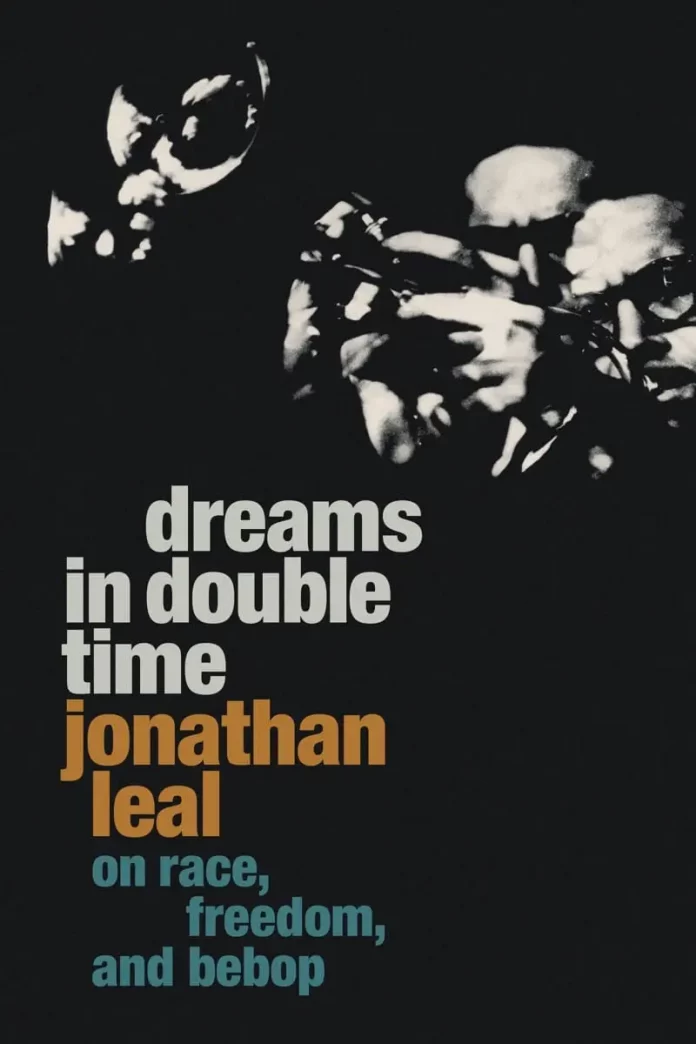Jonathan Leal is an assistant professor of English at a university in California. More importantly, in relation to this book, he’s a musician and comes from a Mexican family.
The book explores the impact of bebop on three men who were American in terms of their residence but not in terms of their family origins. James Araki, jazz saxophonist and trumpeter, was partly Japanese, Raúl Salinas, a poet both published and imprisoned, had Mexican origins like Leal’s, and Harold Wing, jazz drummer, had Chinese blood and is referred to in discographies as “Chink Williams”.
The author is himself a presence more openly revealed in the book than his three subjects. In keeping with his title the author’s reveries and reflections are added to more analytical approaches to music, politics, racism and more (the book is subtitled “On race, freedom and bebop”).
All three of the men portrayed were stirred by the bebop revolution, Araki and Wing participating musically and Salinas commenting as both poet and critic. (The recordings made by Araki and Wing, though not easily available, are considered in some detail.)
It should be pointed out that the author’s sometimes complex prose tends to be dense and wide-ranging and often requires committed concentration from the reader. The 64 pages of notes and bibliography testify to the broad range of the author’s interests and knowledge and it’s likely that a reader would need a similar extent of interests and curiosity to benefit fully from this book.
In other words, if you listen to jazz for purely musical and emotional pleasure the book would seem daunting. But if you’re interested in the relationship between jazz, sociology, racism and history, this book (a product of feeling as well as hard work) could prove highly rewarding.
Dreams In Double Time by Jonathan Leal. Pb, 160pp and 78pp notes, bibliography and index. Duke University Press. ISBN 978-1-4780-2075-2
















